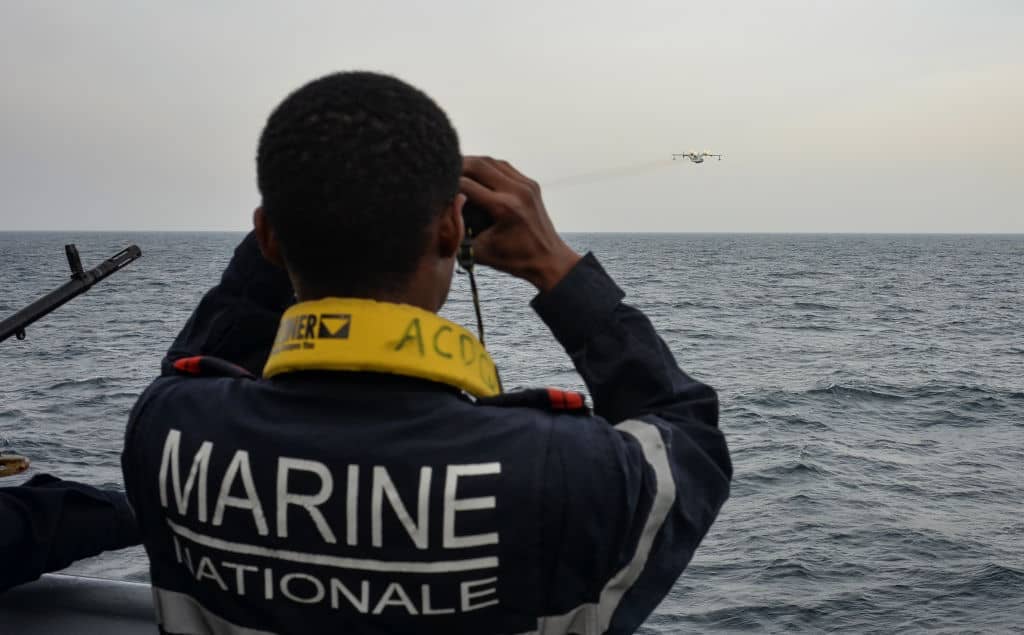For over two hundred years every single European war that Britain has been involved in has originated in the eastern half of the continent. From the Greek War of Independence in the 1820s, to the Crimean War in the 1850s, and from both World Wars – starting with Austro-Hungary’s shelling of Belgrade in late July 1914 and Nazi Germany’s invasion of Poland in September 1939 – to the Bosnian and Kosovo Wars in the 1990s, it has been an iron rule of modern British history that military crises in Europe always come upon us from these eastern lands ‘of which we know little’.
Neville Chamberlain’s pithy description still holds largely true today: British policy in the region formerly behind the Iron Curtain, as well as public discussion of ‘Eastern Europe’, have mostly focused on Poland and the Baltics, where British troops have been deployed. But this northern focus risks a lack of appreciation of dangers further south.

Get Britain's best politics newsletters
Register to get The Spectator's insight and opinion straight to your inbox. You can then read two free articles each week.
Already a subscriber? Log in






Comments
Join the debate for just £1 a month
Be part of the conversation with other Spectator readers by getting your first three months for £3.
UNLOCK ACCESS Just £1 a monthAlready a subscriber? Log in